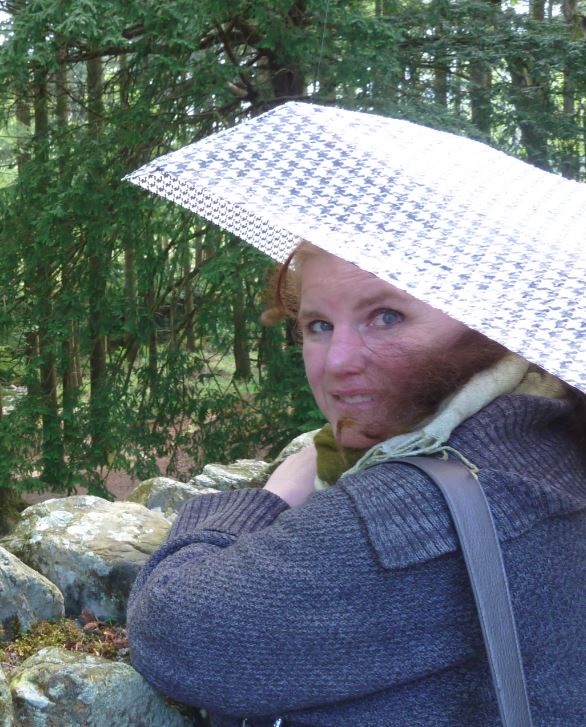This comment of hers is deeply wise, and gave me good insight into The Left Hand. It also let me know that I need to read more of her writings, her poetry, and her thoughts on writing. This book’s deep and imaginative details, written with an anthropologist’s aesthetic – an eating implement to break ice on one’s bowl, for instance – and prodigious vocabulary and emotional resonance reinforce my decision to continue reading her. Additionally, Ursula K. Le Guin often writes with non-white characters, which has made her beloved to readers who are not traditionally represented in fiction. Another aside, my favorite quip from this book: “Mountains should be seen, and not heard.”
Like a Wrinkle in Time, this is a very emotional story, and it emphasizes the point that emotional content is a vital component of a story. Emotion is the key to letting you live in someone else’s shoes. It is heartbreaking when Estraven dies, and that heartbreaking is in my heart, making this story important to me. This also gives an important lesson about Story: the theme and emotional growth need not be obviously stated to be truly earth-shattering. It shouldn’t be “And Joe realized that it was bad to kill people.” Those kinds of lessons should have an emotional, visceral, poetic-mythological resonance, which means they can’t simply be stated, like in expository writing.
So many lessons from one author. More lessons on the value of description: despite the scathing rejection letter on her website, her scientific observations give her story a glow of authenticity. And what is Story, exactly, and Story-Telling? These things I need to find out. As with the rest of writing, “Show Don’t Tell” your theme, and make sure there is an emotional component to those lessons. More poetry, less prose.

 RSS Feed
RSS Feed